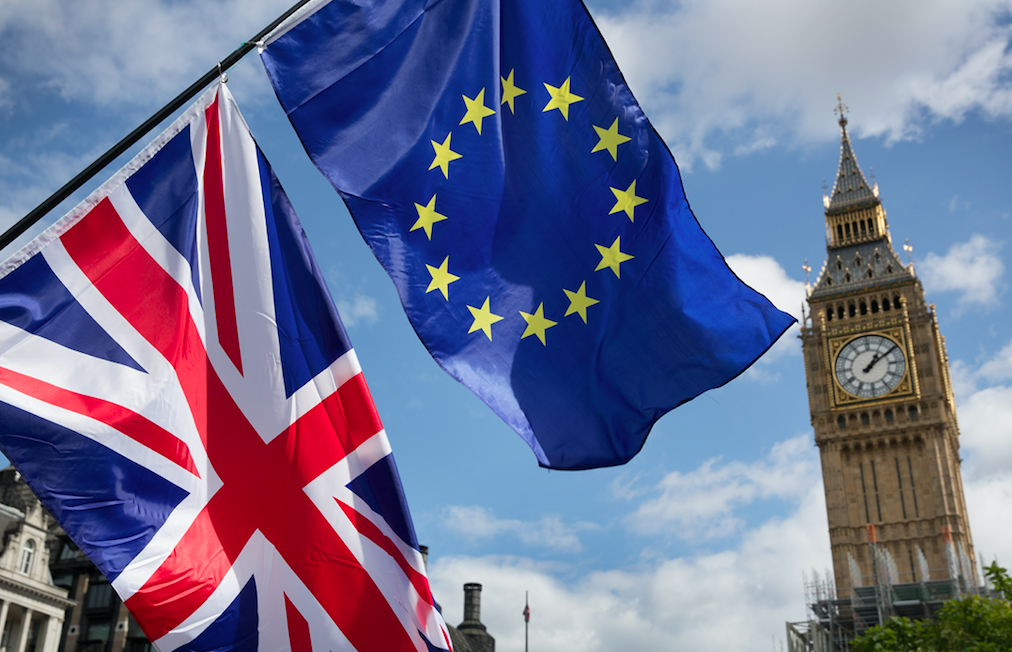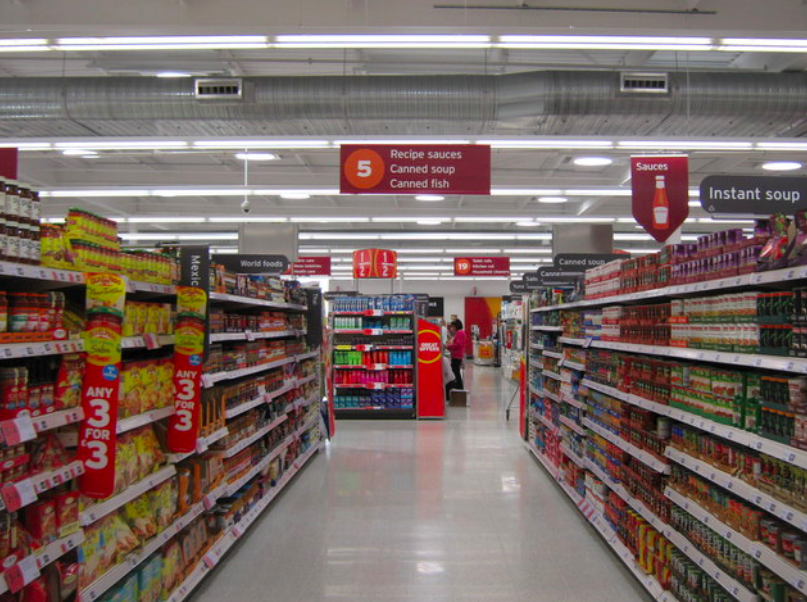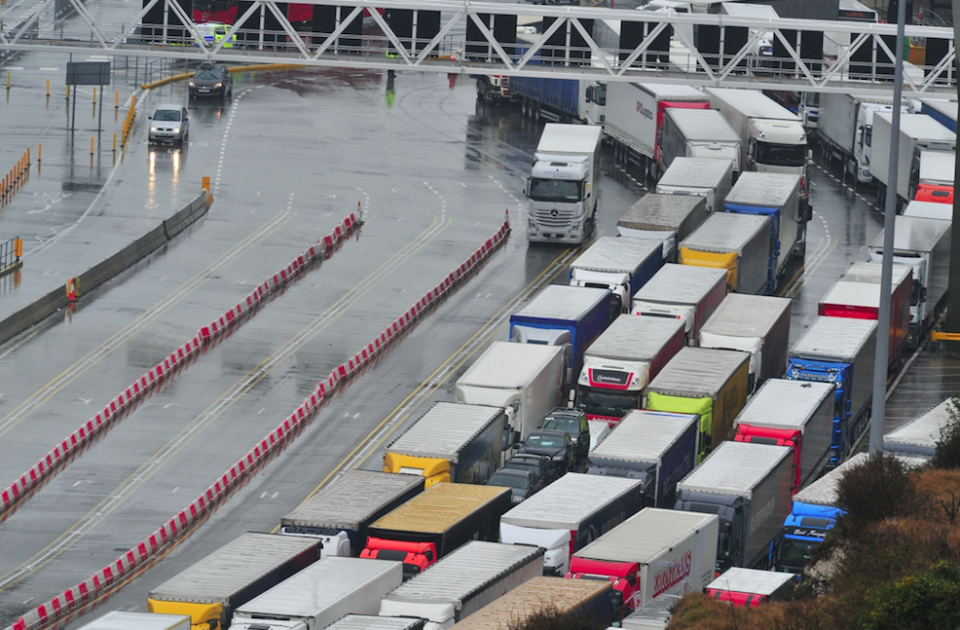Shoppers facing significant price hikes for food shops after Brexit, Lords warn

A group of peers have warned that shoppers will face significant hikes in food bills if the Government fails to secure a free trade deal with the European Union.
In a bleak assessment of the impact of Brexit, they suggested grocery costs would rise, businesses could go bust and round year supplies put at risk.
Customers could be left in a ‘two-tier system’ that means the better off buy more expensive, British goods while those who are poorer are left with lower-standard cheap imports.

Peers, who have been a thorn in the Government’s side in the Brexit process, said there was a ‘striking’ contrast between Government confidence about the potential impact of Brexit on the price and availability of food and concerns raised by the industry.
The UK’s ports would be choked up with delays if EU food imports are subject to the same border checks as other imported produce, the House of Lords’ EU Energy and Environment sub-committee warned.
Allowing them through with few checks would raise safety concerns, it added.
MOST POPULAR TODAY ON YAHOO
Can you spot the hidden camera used by fraudsters on this cash machine?
Pet owner discovers the puppy she bought a year ago isn’t a dog but a FOX
Lib Dem peer Lord Teverson said in The Times: ‘None of the UK’s ports and airports have the capacity to start treating EU imports in the same way as they do food from non-EU countries.
‘They haven’t got the staff. They haven’t got the IT systems. They haven’t got the physical space to hold all the trucks whilst they’re being checked.
‘It raises the spectre of gridlocked roads and food rotting in containers before it can reach its destination, with shop shelves left empty as they wait for fresh food supplies.’

Peers said even though it was unclear yet what any potential agreement could have it was ‘inconceivable’ that Brexit would have no impact on EU food imports to the UK.
The report said: ‘If an agreement cannot be negotiated, Brexit is likely to result in an average tariff on food imports of 22%.
‘While this would not equate to a 22% increase in food prices for consumers, there can be no doubt that prices paid at the checkout would rise.’
Reductions in EU labour could lead to an increase in recruitment or higher wages for domestic workers by paying higher wages but the costs may have to be passed on to customers or some businesses ‘may cease to be viable’.

Half the UK’s food is imported, with 30% from from the EU, 11% from countries with EU trade deals and the rest from other countries.
Lord Teverson added: ‘We are calling on the Government to set out what checks they do intend to carry out on food imports, to allow the food industry and customs authorities time to prepare and to reassure consumers that standards will be upheld.’
A government spokeswoman said: ‘Food prices depend on a range of factors, including commodity prices, currency exchange rates, and oil prices – this will continue to be the case when we leave the EU.
‘But we also want to ensure consumers have access to a wide range of food, which is why we are considering how we best manage border checks and controls when we leave the EU without impacting the smooth flow of trade.’

 Yahoo News
Yahoo News 

